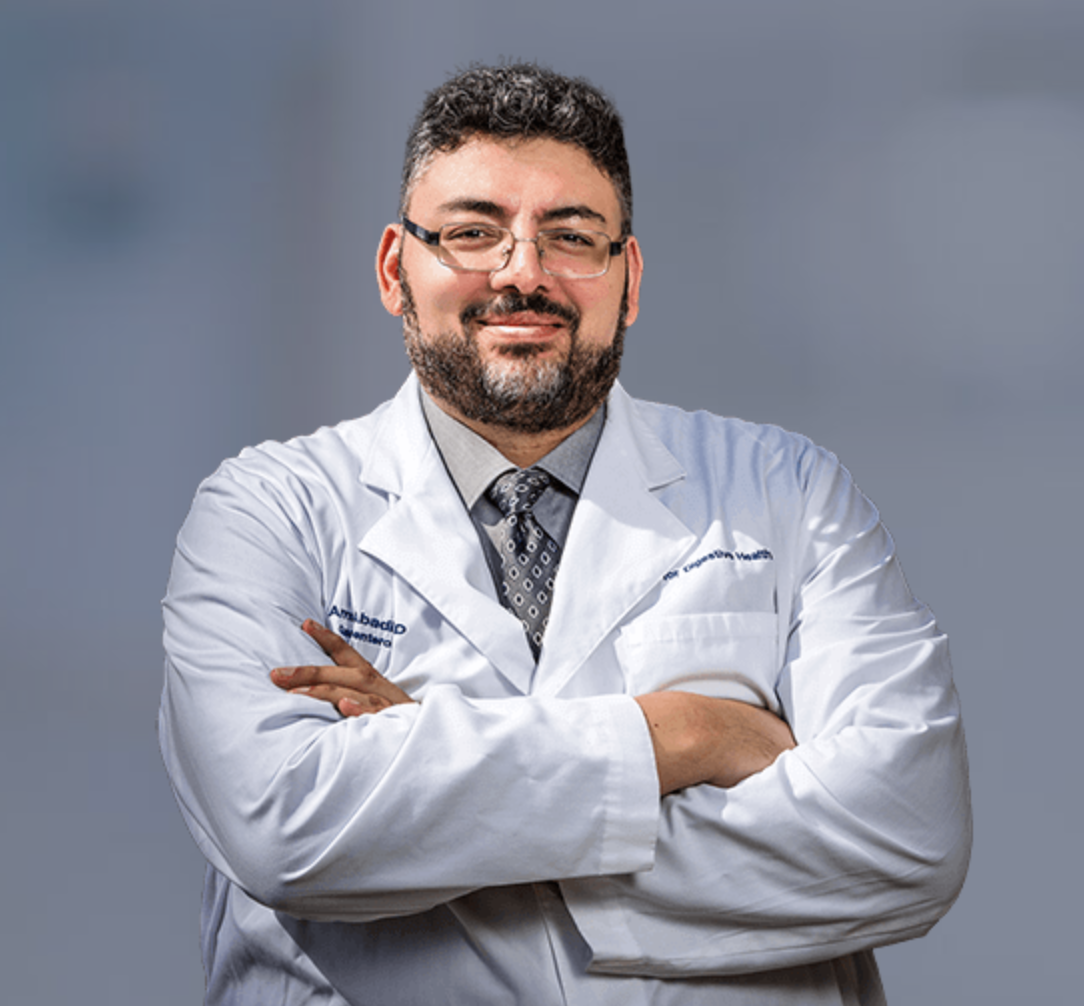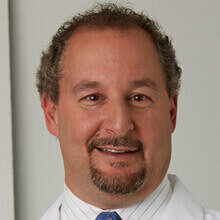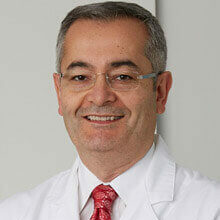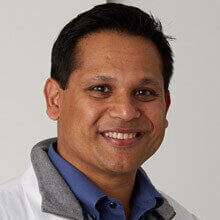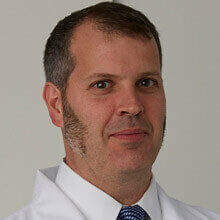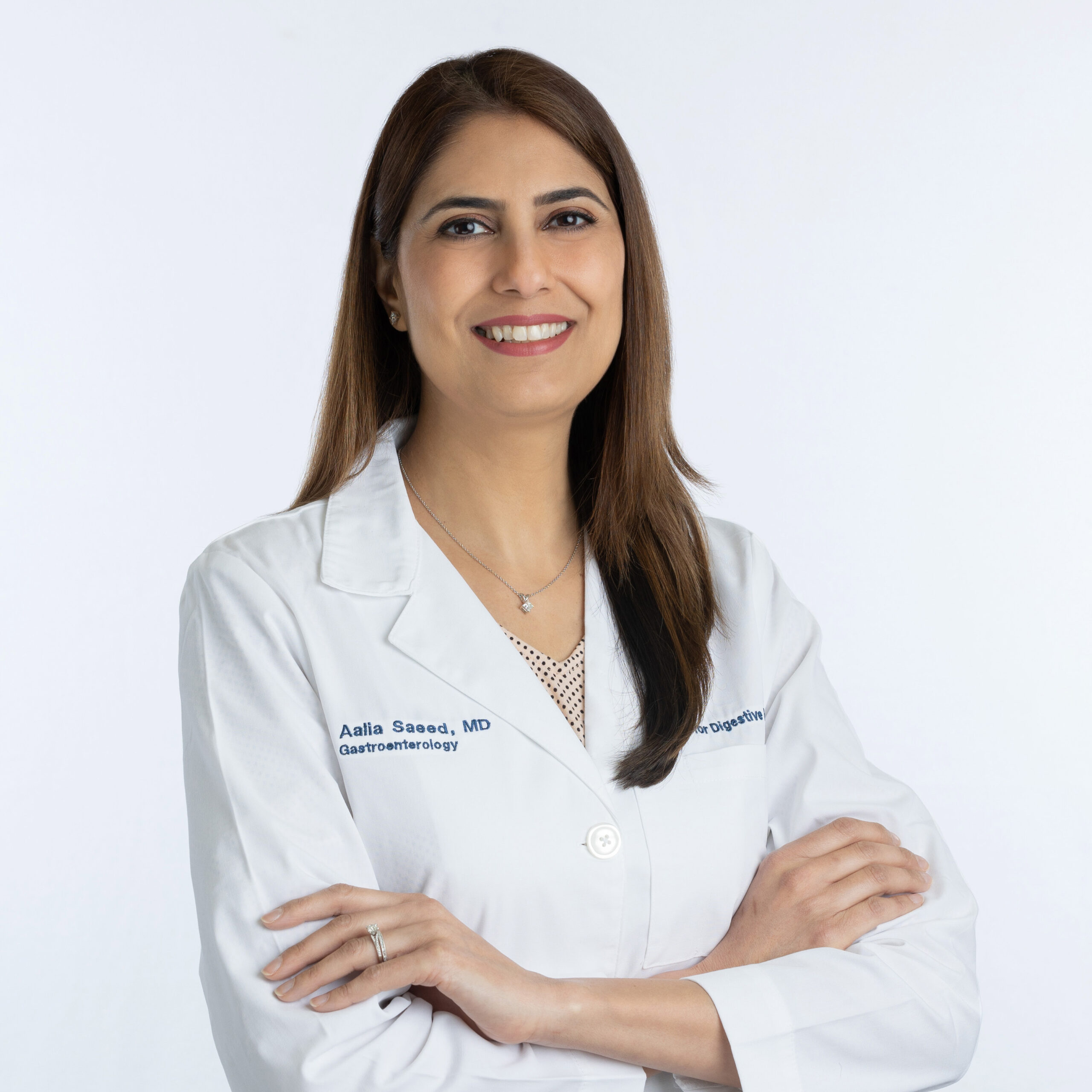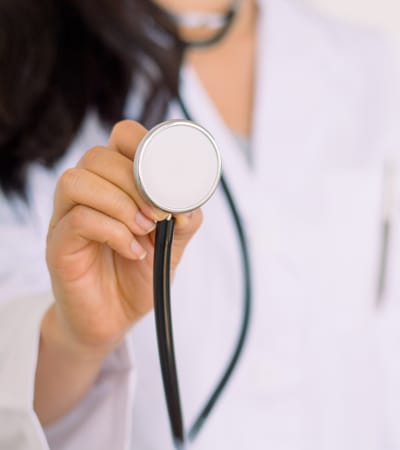Esophageal Manometry
The purpose of Motility Testing is to measure the pressure to the lower esophageal sphincter, the pressure and coordination of the body of the esophagus, and the upper esophageal sphincter pressure and relaxation.
The test is performed for patients with swallowing problems, atypical chest pain, or long-standing esophageal reflux.
What to Expect
The esophageal manometry procedure will only take about 15 minutes. The medical staff will use a cream to numb the inside of your nose to make it more comfortable for you. Once the nose is numbed, A small, thin tube will be inserted through your nose. It will go down through your esophagus and all the way to your stomach. It is lubricated and very flexible so it will pass easily. The tube has different sensors located at different points along its length. They will measure your LES and the strength of your esophageal muscles. As the tube is removed, the doctor may ask you to swallow at certain times.
Even though the procedure is painless, you may feel a little discomfort while it goes down your throat. You may also feel like gagging. You may produce more saliva than normal or your eyes might water a little. Your nose might bleed just a little. Getting the tube into the right position only takes a minute and it will be less uncomfortable after it is in place. You will still be able to breathe normally while the tube is in place.
DOWNLOAD ESOPHAGEAL MANOMETRY PREP
What preparation is required?
You will want to have an empty stomach for the safest and best exam. Do not eat or drink anything for six hours before the test.
What about my current medications?
Discuss your current prescription and over-the-counter medications with your healthcare professional. They will need to know if you regularly take homeopathic remedies, natural supplements or recreational marijuana. Some medications can affect esophageal pressure and the contracting muscles needed to swallow. They may recommend that you stop taking some medications prior to testing.
Some medications that may affect the test results include:
- Sedatives
- Calcium channel blockers
- Nitroglycerin products
- Nitrate products
What if the Esophageal Manometry shows something abnormal?
The results of an esophageal manometry will be evaluated by your physician. They will be able to interpret the information and diagnose any swallowing or LES issues. If the results are normal, then your esophageal muscles and LES are working properly. An abnormal result indicates a problem. Possible problems detected from an esophageal manometry include:
- Abnormal contractions of esophageal muscles
- Achalasia – the LES doesn’t open properly to allow food through
- Hypertensive LES
- Scleroderma – an autoimmune disease which can paralyze esophageal muscles
- Esophageal spasms
- Nutcracker esophagus – swallowing contractions are too powerful
- Weak LES
If you have abnormal results, your physician will discuss your results and a treatment plan at your next appointment. In some cases, they will need to schedule follow-up testing or appointments.
What happens after an Esophageal Manometry?
Unless your doctor tells you otherwise, you can resume normal activities, meals and medications you stopped prior to the testing. You may have a few minor side effects following an Esophageal Manometry. These may include minor nosebleeds, sinus irritation, coughing and a sore throat. Gargling with salt water or using throat lozenges can provide relief for an irritated throat. A saline nasal spray can help relieve stuffy sinuses.
Serious side effects are rare. But if you experience any unusual symptoms such as severe reflux, shortness of breath, bloody sputum, arrhythmia, vomiting or fever, contact your doctor immediately.
What are the possible complications of Esophageal Manometry?
Any medical procedure has certain risks. It is extremely rare to experience serious side effects from an esophageal manometry. You may experience an irregular heartbeat. Other complications include possible aspiration where the contents of the stomach flow back into the esophagus where they are breathed into the lungs. A perforation or hole in the esophagus is rare. The tube may be misdirected into the windpipe as it is being inserted into the esophagus. There are many precautions in place to help prevent these types of risks. As with most medical procedures, the benefits outweigh the possible risks.



